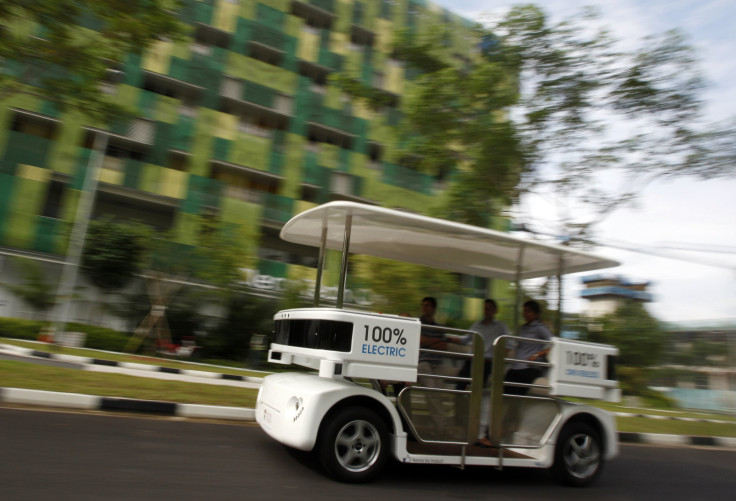30 US Cities Will Test Self-Driving Cars By 2017, With Florida Leading The Way

Self-driving vehicles will be on the road in as many as 30 U.S. cities by the end of 2016 as municipalities across the country prepare to roll out trial programs. That's according to a new report published on the same day as an unrelated study that found autonomous vehicles could generate billions of dollars from customers with more time to devote to online shopping.
Google Inc.'s plan to test driverless cars on the streets of California has been delayed by regulatory issues that areas elsewhere in the U.S. seem to have avoided. Pilot programs for self-driving vehicles are expected to be underway in the coming months in towns in Florida and North Carolina, and in Seattle -- where 70-person self-driving buses could take the roadways. The trials will be orchestrated by Comet, a consulting firm pushing for more autonomous vehicles.
“We're looking at college campuses, theme parks, airports, downtown areas -- places like that,” Comet's Corey Clothier told the New York Observer. “It's kind of like an elevator: You go in, put in your destination, the doors close, and you're off.”
Advocates of the technology told the Observer test sites also will soon be functioning in Greenville, South Carolina, as well as at Stanford University and at the U.S. Military Academy in New York. They expect the attention around these projects to convince other states and municipalities to introduce their own programs.
Mobile service providers are hoping for the same thing. Consultants McKinsey & Company predicted in a study released Thursday that, without having to operate a vehicle, Americans will have an extra 50 minutes of free time to stare into their phones. Every additional minute vehicle occupants spend online could result in $5.6 billion in extra revenue, according to the study.
© Copyright IBTimes 2024. All rights reserved.





















